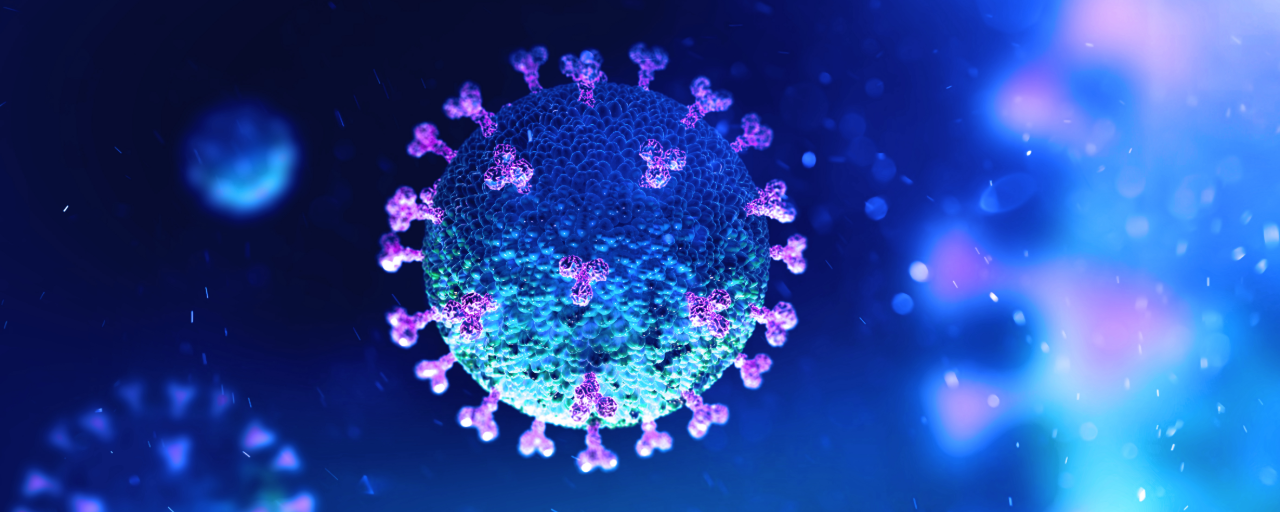Overview of the Current Covid-19 Situation in Israel
The Covid-19 vaccination program in Israel is progressing at a fast pace. With more than 6.7 million administered vaccine doses, 47% of Israel’s population has received at least one vaccine dose and more than 31% of the population is now fully vaccinated. Nearly 90% of Israelis 70 years of age and older have received two vaccine doses. The data emerging from the country are valuable for understanding how SARS-CoV-2 spreads in an increasingly vaccinated society and the consequences for hospitalisation and transmission patterns.
A new study from the Israeli healthcare provider Clalit reported on 14 February, showed that among 600,000 people who received two doses of Pfizer and BioNTech’s mRNA Covid-19 vaccine Comirnaty, symptomatic SARS-CoV-2 infections dropped by 94% and the chance to contract severe Covid-19 was decreased by 92% when compared to a control group who did not receive the vaccine. The vaccine was equally effective in all age groups and became the most effective one week after the second vaccination. Furthermore, data from Israel show that Covid-19 hospitalisations have been declining in the vaccinated age groups, while in groups that have not yet received the vaccine, hospitalisation remains unchanged.
Another, non-peer-reviewed study conducted in Israel and released on 7 February, additionally showed real-world evidence that Pfizer and BioNTech’s Covid-19 vaccine reduced the viral load in people infected with SARS-CoV-2 when compared to unvaccinated people. Before vaccination started in Israel for people ages 60 years and older, positive PCR tests showed similar viral load distributions in this age group and individuals ages 40–60. Two weeks after the vaccination campaign started, significant reductions in viral load were estimated to be between 1.6- to 20-fold already after the first dose. The previously mentioned study showed the best results one week after the second dose, so higher reductions in viral load are likely.
The further implications of these studies are that even if Covid-19 vaccines cannot entirely prevent SARS-CoV-2 infections, symptomatic and severe Covid-19 are drastically reduced, and a reduction in viral load will most likely correspond to a reduction in Covid-19 transmission. The emergence of new, more transmissible SARS-CoV-2 variants, such as B.1.1.7 and B.1.351, might reduce the vaccine effect on transmission, but initial results from Johnson & Johnson’s, AstraZeneca’s, and Novavax’s Covid-19 vaccines showed that although vaccine efficacy might be reduced, severe infections can still be drastically curtailed, depending on the strain. More importantly, the data show that current vaccine technologies have the ability to both prevent Covid-19 and reduce transmission; however, adaptations in the vaccine formulation might be needed to offer the same protection against all variants. An interesting solution could be to include a mix of antigens in Covid-19 vaccines, or antigen instructions for mRNA or adenoviral vaccines, to target multiple versions of the coronavirus spike protein and thus offer protection against several SARS-CoV-2 variants in one vaccine. In the meanwhile, current versions of the vaccine will help to reduce the most severe impacts of the pandemic, hospitalisations and mortality, and help to reduce the unprecedented strain on overwhelmed healthcare systems.

US Tariffs are shifting - will you react or anticipate?
Don’t let policy changes catch you off guard. Stay proactive with real-time data and expert analysis.
By GlobalData




